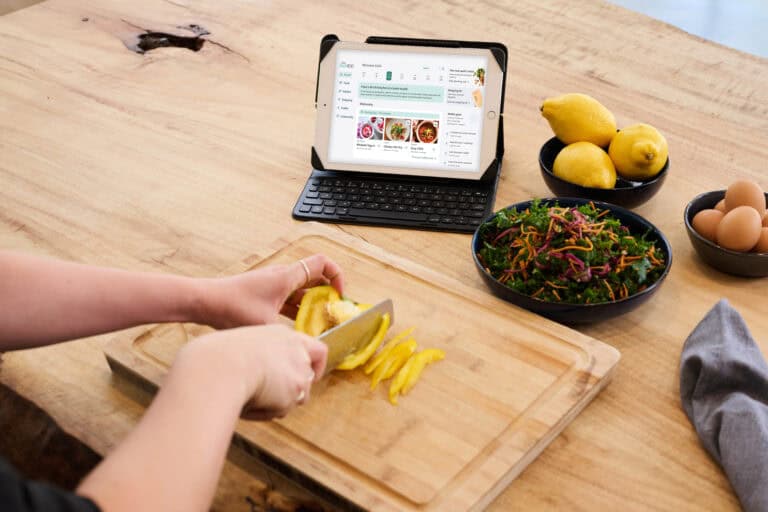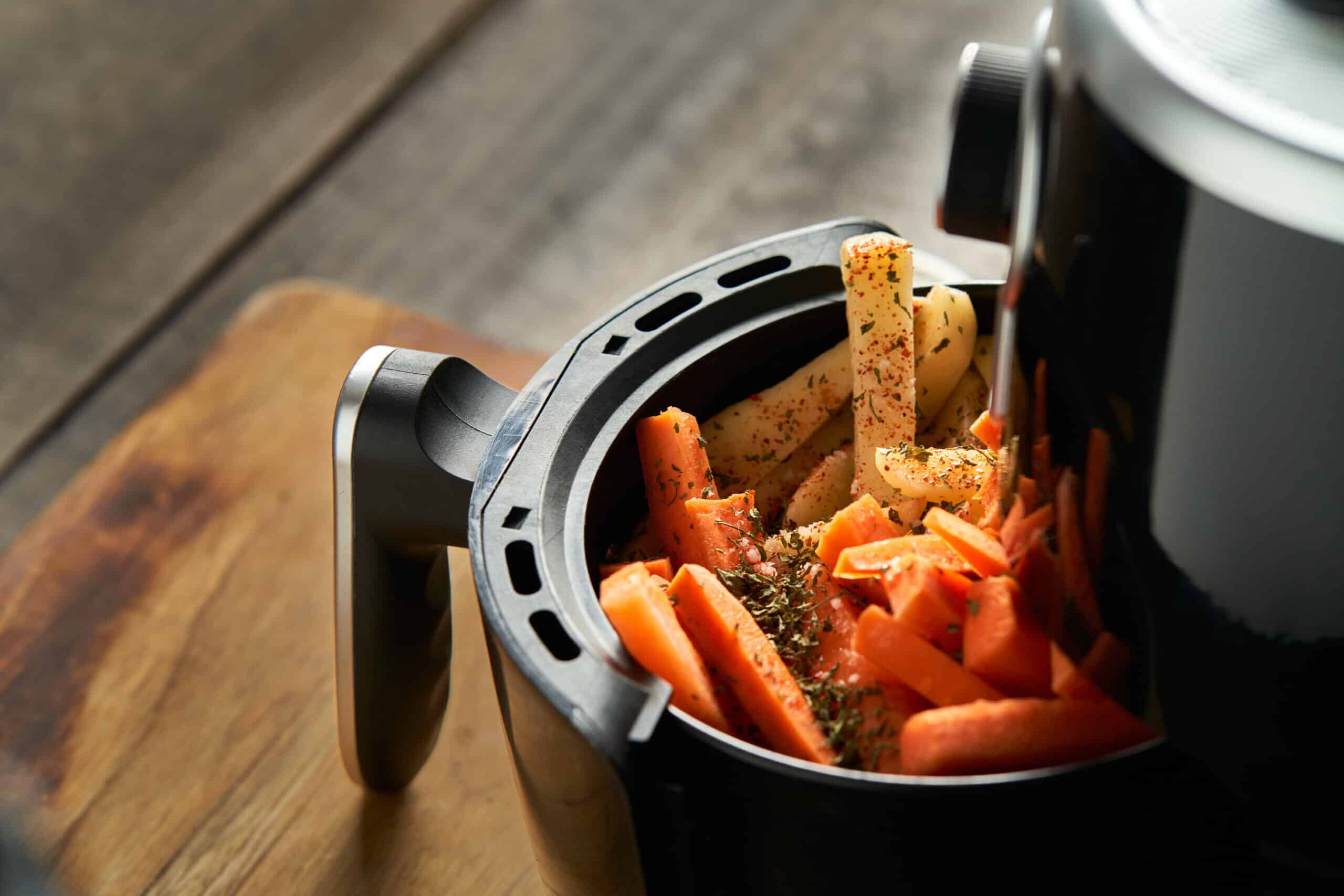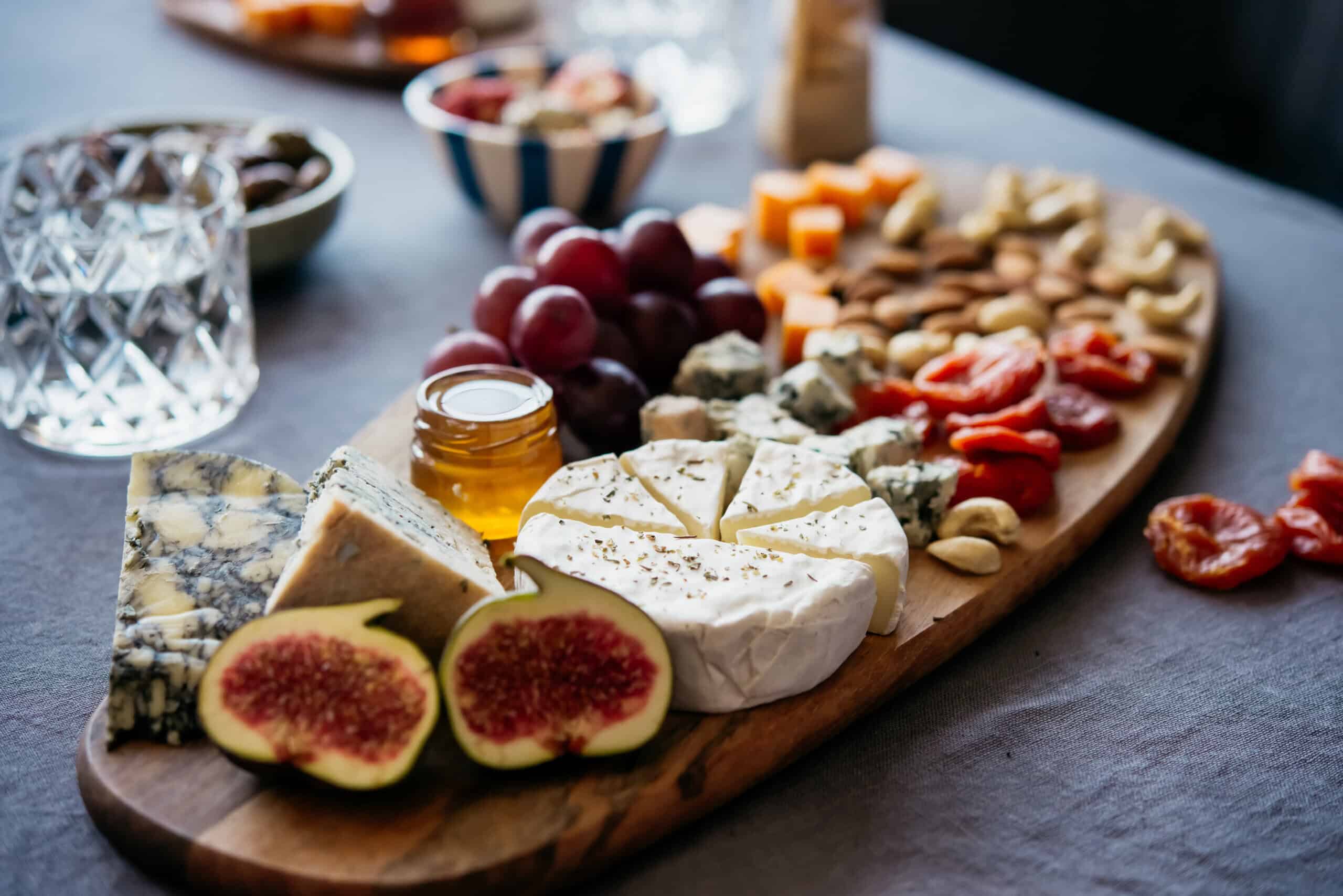A Mediterranean-style diet on a budget
It may not be new to you that a Mediterranean-style diet is the best way you can fuel your body, but healthy food isn’t always affordable. But, we’re confident that a Mediterranean-style diet can be followed on a budget and we’ve put together a few tips to help you.
The diet is scientifically proven to not only help you lose weight, but also reduce your risk of developing chronic illnesses such as type 2 diabetes, heart disease, and metabolic syndrome, and it even boosts your mood.[1] We could go on and on about the benefits of a Mediterranean-style diet (to learn more, see our online articles or try our Online Programme); it’s a diet that is accessible, delicious and doesn’t need to cost the earth.
With tailored meal plans, workouts and support, The Fast 800 Programme makes it easier to get healthier and activate your body’s ability to burn fat.
Learn More
Often the problem with ‘health foods’ is that they have claims on the packaging that boost the price tag and make them very costly. We take a no-nonsense approach to healthy eating that won’t cost a fortune. If you want to try a Mediterranean-style diet on a budget with affordable healthy meals, keep reading.
Join our email community
Learn more about The Fast 800 approach to healthy living by receiving our free content, health tips and recipes as well as exclusive offers, delivered straight to your inbox.
Top tips for following a Mediterranean-style diet on a budget:
Try wonky veg
Most supermarkets offer a ‘wonky veg’ option, which is not only better for your pockets but is better for the planet too, helping to avoid wasting delicious vegetables that still taste just as good but might look a bit more unusual.
Plan ahead
Planning what you’ll be eating that week is a great way to avoid impulse purchases that are bad for your wallet and your health. The Fast 800 Online Programme includes meal plans with automated shopping lists so you only buy what you’ll need. The plans are completely customisable so if you’re wanting to try our Mediterranean-style diet on a budget, you can find affordable healthy meals on the programme to switch them into your own weekly meal plan.
Note: Though there’s an initial cost with the Online Programme, our members often find that they save money in the long run by planning ahead, reducing alcohol consumption, and following online exercise classes created by fitness experts, rather than paying for a gym membership!
Reduce your waste
Planning out your weekly meals is a great way to ensure you’re not wasting food that you don’t end up using. However, if you find you do have food that is going out of date, recipes like curries or smoothies are a great way to use it up! Or, freeze them to keep them fresh for longer, which leads us to our next tip…
Go frozen
Most fresh foods can be bought and kept frozen while staying just as nutritious: think frozen fruit, fish, or veg. Buying pre-frozen foods can be a cheaper option, as well as shopping in the reduced price sections at supermarkets and freezing the food for a later date.
Buy seasonally
Buying vegetables that are in season is a sure way to save cash, but also ensure better tasting produce. At their peak-freshness, seasonal vegetables cost less, and buying locally grown will save on import costs while supporting your local communities: win-win.
Grow your own
Growing your own produce might sound harder than it is. There are plenty of veggies that you can grow relatively easily in whatever climate you live in, all year round, whether you have a garden with a veggie patch or even a grow bag on a balcony. One cheap packet of seeds will see you a bountiful harvest down the line. Easier still, try growing your own herbs on your kitchen windowsill to accompany Mediterranean dishes.
Now that you have some key ways to achieve affordable healthy meals, here are some key items to add to your shopping list.
Budget-friendly tips for your cupboard essentials:
- Olive oil: buy a larger bottle and compare prices by checking the ‘price per 100ml on the supermarket label’. Though it may be a larger up-front cost, it works out far cheaper in the long run. We recommend extra virgin olive oil for its health benefits, and supermarkets often do their own brand versions which are just as great.
- Nuts and seeds: again, bigger is often better! Most towns and cities have refill shops these days, so make use and fill a container you have with a larger amount of nuts and seeds to save money in the long run.
- Oily fish: tinned fish and frozen fish are just as nutritious and cost a lot less than fresh. They’re useful to keep on hand in the cupboard or freezer for a long time too.
- Greek yoghurt: we often use Greek yoghurt in our Online Programme plan’s affordable healthy meals, such as in curries, smoothies or soups. Freezing Greek yoghurt in ice cube trays makes it last longer ready for those tasty dishes.
- Herbs and spices: For minimal effort and maximum flavour, no pantry is complete without a collection of herbs and spices. Buying them in foreign supermarkets or refill shops can be a cost-effective way of stocking up.
Your budget should never be a barrier to good health. By pre-preparing, knowing where to shop and how to store your foods, anyone can follow a Mediterranean-style diet on a budget. Following a plan like the ones on The Fast 800 Online Programme can ensure you’re buying only what you need, and not throwing cash away with gone off food. If you’re not yet ready to try out the Online Programme, sign up to our newsletter which is completely free for more resources to support your healthy lifestyle.









